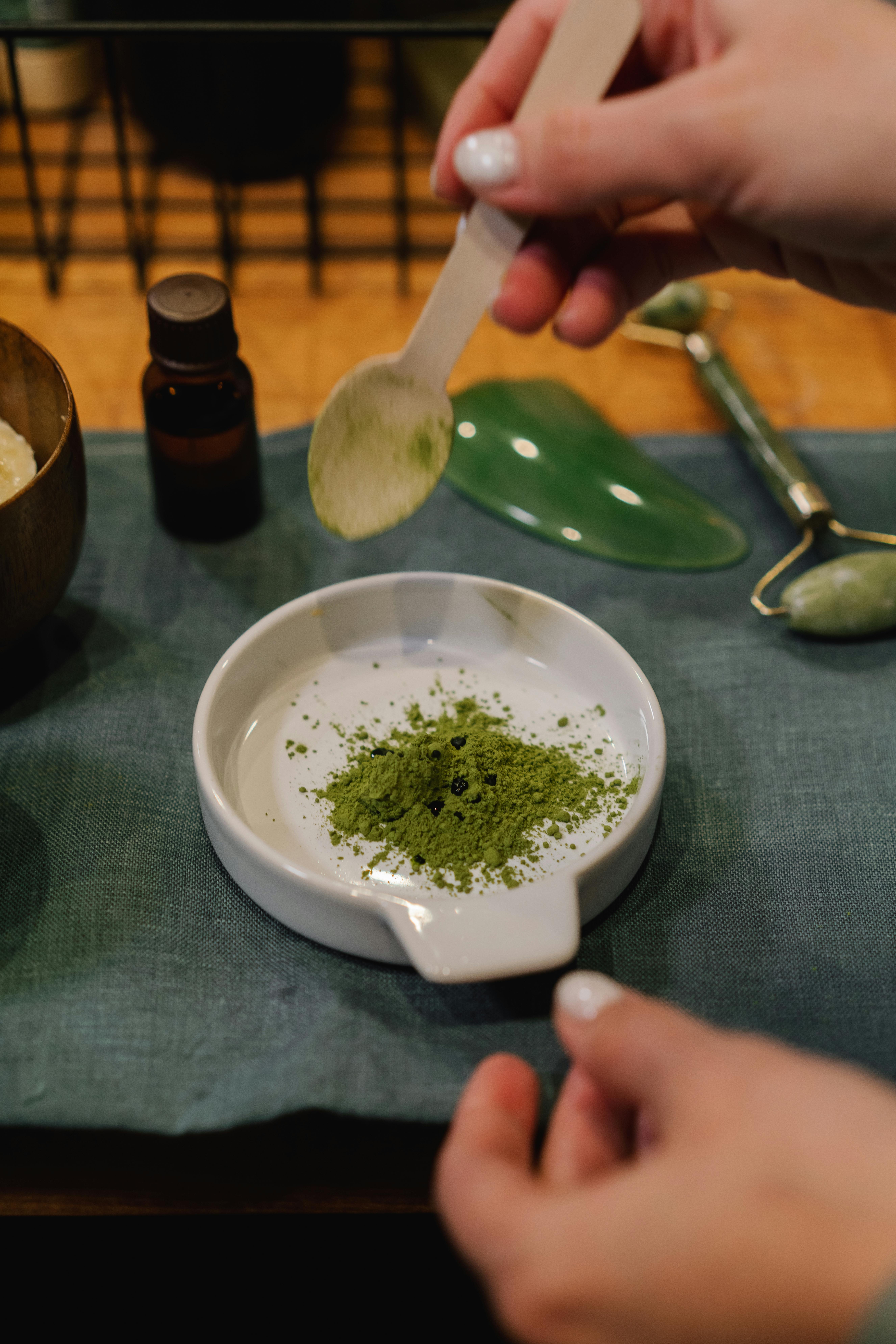
Apply Now


Effective Ways to Break Up Chest Congestion in 2025
Chest congestion can be bothersome and affect breathing and overall well-being. Understanding the causes and effective treatments is essential, especially when faced with conditions like colds, allergies, or asthma. This article will delve into natural and home remedies for alleviating chest congestion, highlighting how to relieve symptoms and improve lung function. Furthermore, we will explore various methods, including inhalation therapy, herbal treatments, and lifestyle adjustments, that can significantly enhance respiratory health. Key takeaways include hydration's importance, the role of essential oils, and effective methods for clearing mucus from the chest.Understanding Chest Congestion and Its Symptoms
Chest congestion occurs when excess mucus builds up in the airways, obstructing airflow and making it difficult to breathe. Common symptoms include coughing, wheezing, chest tightness, and difficulty breathing. Recognizing these symptoms early can lead to more effective relief methods. Isolation of allergens, such as pollen or dust, is crucial as they can exacerbate chest congestion. Medical conditions like asthma and bronchitis can also contribute to mucus build-up. It is important to differentiate between these causes to implement the right treatment strategies.Signs and Causes of Chest Congestion
Symptoms of chest congestion may vary from person to person but are often accompanied by a productive cough that produces phlegm. Additionally, a feeling of tightness in the chest can indicate inflammation in the lungs, which can be triggered by respiratory infections, allergies, or irritants such as smoke. Identifying the root cause of chest congestion is critical. Allergens, environmental factors, or even underlying health issues can play a significant role. If symptoms persist, it might be necessary to consult a healthcare provider to determine if there are additional treatments or medications required.Importance of Hydration
Staying hydrated is essential for clearing mucus. Water, herbal teas, and warm soups help thin the mucus, making it easier to expel. Warm water with honey can be particularly effective, combining the soothing effects of warmth with honey's natural cough-suppressant properties, which can relieve throat irritation. In contrast, dehydration can worsen symptoms of chest congestion, making it critical to consume adequate fluids, especially during illness when mucus production increases.Natural Remedies for Relieving Chest Congestion
There are many effective home remedies for chest congestion. Using saline nasal sprays can help clear nasal passages and reduce mucus build-up in the chest. Turmeric and ginger have natural anti-inflammatory properties, facilitating mucus reduction and supporting overall lung health. Essential oils, such as eucalyptus oil, can be beneficial when used in steam therapy or a diffuser, promoting easier breathing and providing comfort. Additionally, breathing exercises and chest physiotherapy can enhance lung function and facilitate mucus clearance.Steam Therapy and Inhalation Treatment
Steam therapy proves effective in relieving chest congestion. The warm, moist air helps clear mucus by loosening it, making it easier to breathe. Inhalation therapy, which uses saline solutions or medicated steam, can also aid in inflammation reduction and mucus clearance. The effectiveness of steam inhalation should not be underestimated, especially during colder months when respiratory infections are prevalent. Regular use can be a game-changer in managing chest congestion effectively.Home Treatments for Chest Congestion Relief
With multiple home treatments available, it's essential to find what works best for you. Options range from herbal remedies to simple practices like using a humidifier. This section will explore various practical methods to relieve chest congestion effectively.Herbal Teas for Congestion
Herbal teas can provide soothing relief and hydration. Popular selections include peppermint and chamomile, both known for their benefits in easing respiratory issues. Consuming hot herbal teas can increase comfort while delivering essential nutrients that aid in recovery. Including these herbal infusions in your daily routine during episodes of chest congestion can significantly enhance your overall well-being and provide relief from symptoms.Using a Humidifier
Utilizing a humidifier at home increases humidity levels in the air, preventing dry air from irritating the airways. This measure can help relieve cough and reduce chest congestion, especially during winter months when the air tends to be drier. Ensure the humidifier is regularly cleaned to prevent mold growth, which can exacerbate respiratory symptoms. Maintaining optimal air quality is crucial for overall lung health.Dietary Adjustments for Lung Health
Incorporating nutrient-rich foods, like fruits and vegetables, can provide essential vitamins that support the immune system and improve lung health. Foods rich in vitamin C, omega-3 fatty acids, and antioxidants can play a role in fighting inflammation and promoting overall respiratory wellness. Additionally, staying away from processed foods can help mitigate inflammation and encourage clearer airways.Breathing Exercises and Deep Breathing Techniques
Implementing breathing exercises promotes lung capacity and eases chest tightness. Deep breathing techniques, such as the pursed-lip or diaphragmatic breathing, can help clear mucus and enhance lung function. Practicing these techniques regularly can also lower stress levels related to breathing issues, further aiding the recovery process.When to Seek Medical Attention
While many methods for relieving chest congestion can be effective, it’s important to recognize when professional medical assistance is needed. Persistent symptoms or changes in condition should prompt a consultation with a healthcare provider.Recognizing Serious Symptoms
If you experience difficulty breathing, chest pain, high fever, or wheezing that does not improve, these may indicate more severe underlying health issues. Timely intervention can improve outcomes and address serious conditions like pneumonia or bronchitis. Consulting with a healthcare provider ensures that any acute symptoms are properly managed, and any necessary treatments or medications are prescribed.Managing Long-Term Congestion Issues
Ongoing chest congestion may indicate chronic respiratory issues requiring more specialized care. Understanding the underlying causes—whether allergies, asthma, or other conditions—can aid in tailoring a treatment plan and improving quality of life. Regular check-ups with healthcare providers can help monitor symptoms and adjust treatment plans as necessary.Implementing Lifestyle Changes for Lung Health
Adopting lifestyle changes such as quitting smoking, regular exercise, and reducing exposure to allergens can significantly benefit lung health. Simple measures like using air purifiers and maintaining clean indoor environments can reduce irritants that contribute to chest congestion. Making conscious decisions about daily habits can lead to long-term improvements in respiratory health, enhancing overall well-being.Conclusion
Chest congestion can often be managed effectively with a combination of home remedies, lifestyle changes, and, when necessary, medical intervention. Utilizing natural treatments such as herbal teas, steam therapy, and breathing exercises can significantly reduce the discomfort associated with symptoms. By staying hydrated and adjusting dietary habits, individuals can further enhance their lung health and resilience to respiratory issues. Ultimately, understanding when to seek medical advice is key to ensuring health and well-being. With the tips shared in this article, you can start taking the right steps towards lasting relief from chest congestion.
